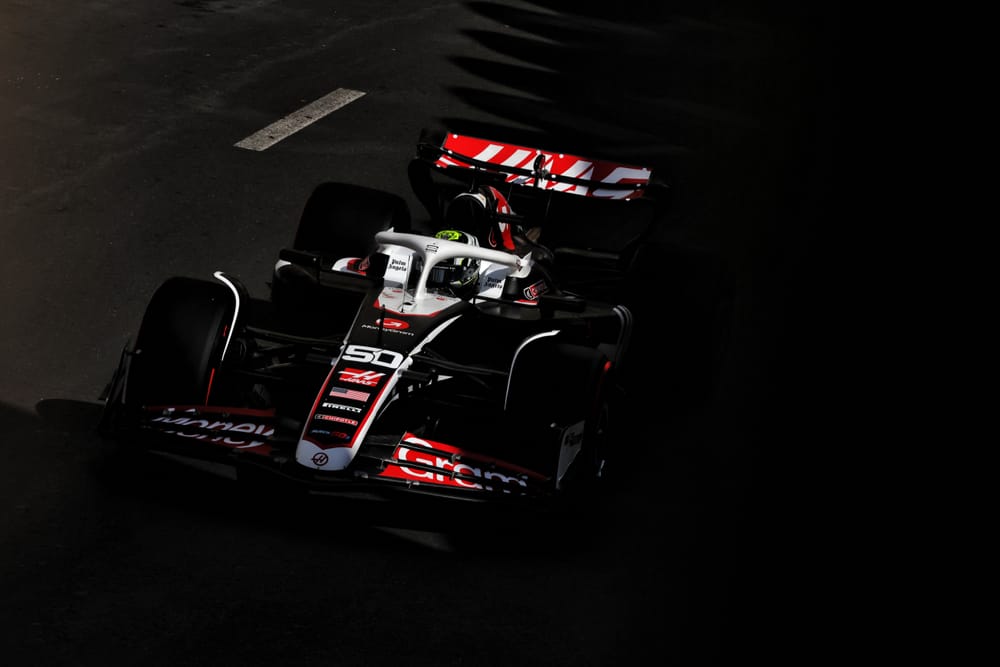Up Next

A non-championship Formula 1 race for young drivers looks increasingly likely to be realised in time to be held this year in Abu Dhabi.
As revealed by The Race in July, F1 stakeholders have been exploring the idea of a mini event held after the season finale, involving practice, qualifying and a sprint race.
It is part of a desire to give young drivers more F1 opportunities, as they are currently limited to a single day of post-season testing and mandatory free practice outings.
The idea, tabled by Red Bull team principal Christian Horner at an F1 Commission meeting, received initial support from F1, the FIA and the teams themselves.
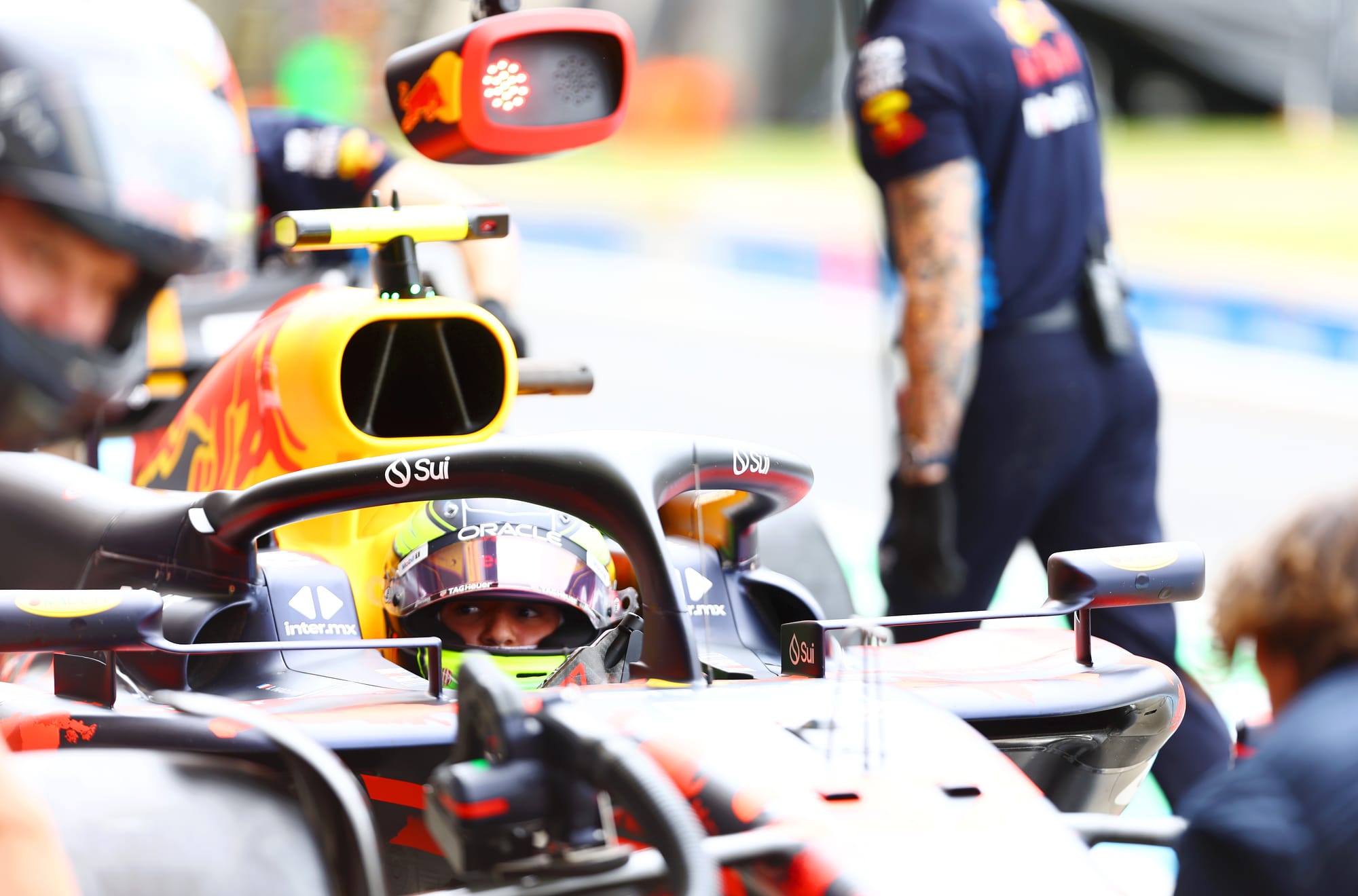
An end-of-season event is considered easier logistically than trying to crowbar it into the season and can be marketed to make commercial sense for those involved.
As there was a lot of detail to work out to make it happen, and no rush to finalise the idea for 2024, the end of 2025 seemed more likely - but now it looks likely to happen this year, with each team running one car each.
The sprint race regulations are likely to be the basis for the sporting rules. But a normal F1 season is governed by a budget cap and engine component limitations, so new regulations need to be drawn up.
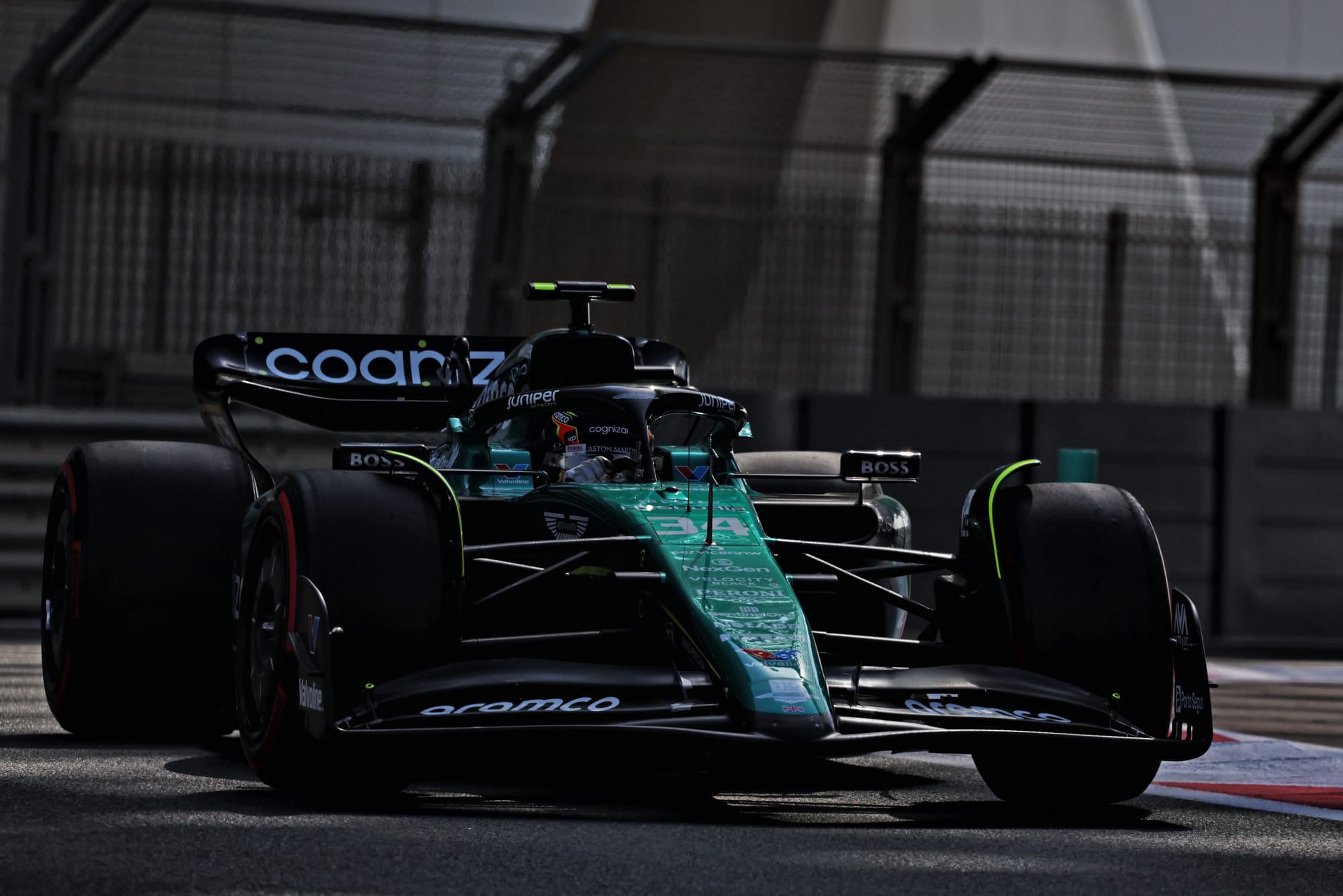
There are also many logistical factors to ensure the event is run properly, including how it is broadcast and who pays for the extra personnel required to run a race event rather than just a post-season test, and the significant matter of establishing what kind of driver is allowed to take part.
Asked by The Race how much has been resolved since it was first tabled and what still needs to happen to make it possible, Horner said: "It's like all things in life, if you want it to happen you make it happen.
"And there was a clear directive to say, 'Come on, let's get the job done for this year'.
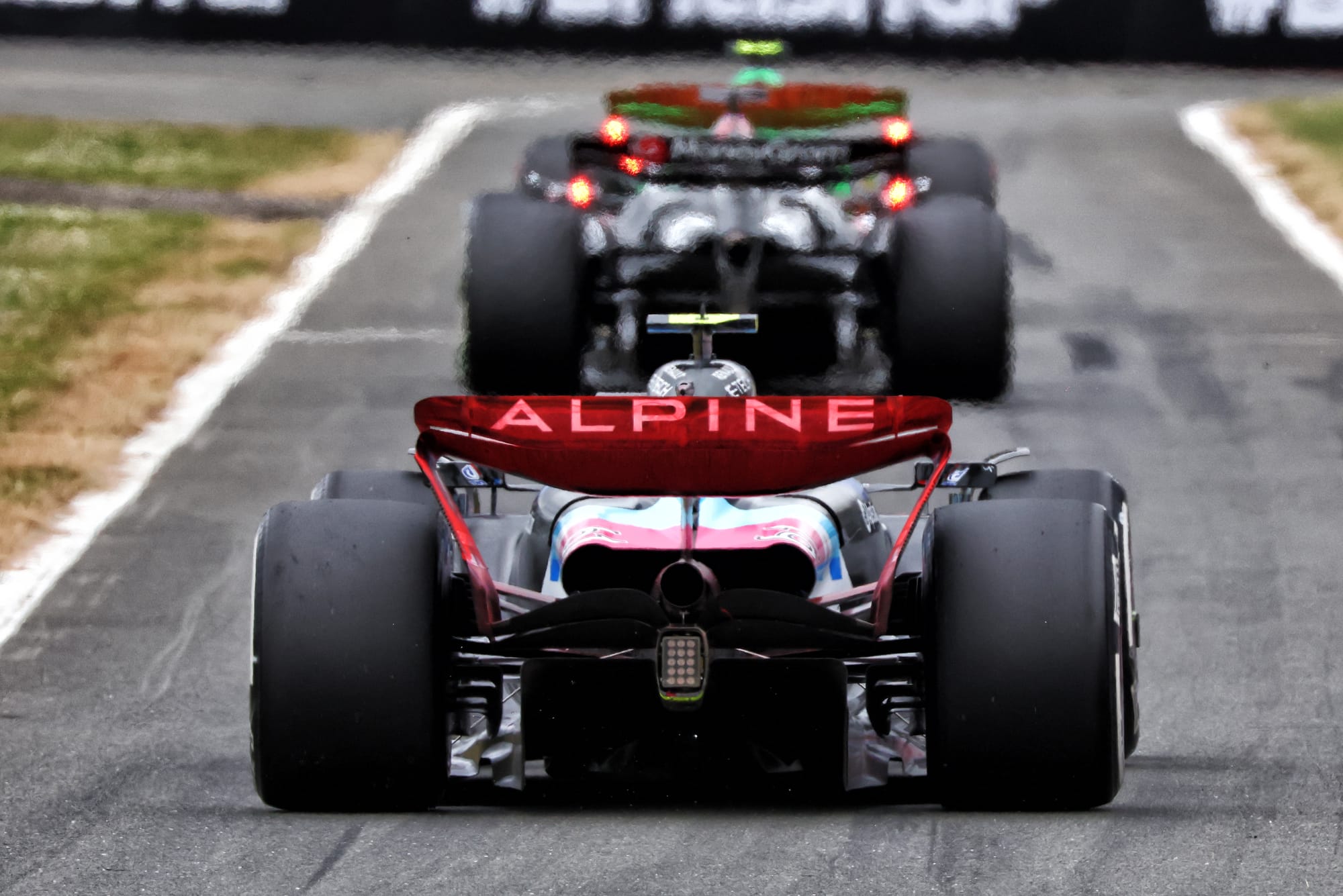
"Obviously that puts pressure on the sporting working groups and the various team managers to work with the FIA to come up with a set of regulations.
"It's eminently doable, it doesn't need to be overcomplicated. It's just going to be a single car from each team rather than two cars and effectively you're just using the mileage in a different way as opposed to just performance during a test day.
"The event will take place all in one day, so a qualifying then the equivalent of a sprint race.
"It comes at the end of a long season but I think it'll be a great thing. It's a great opportunity for the young drivers and we're fully supportive of it."
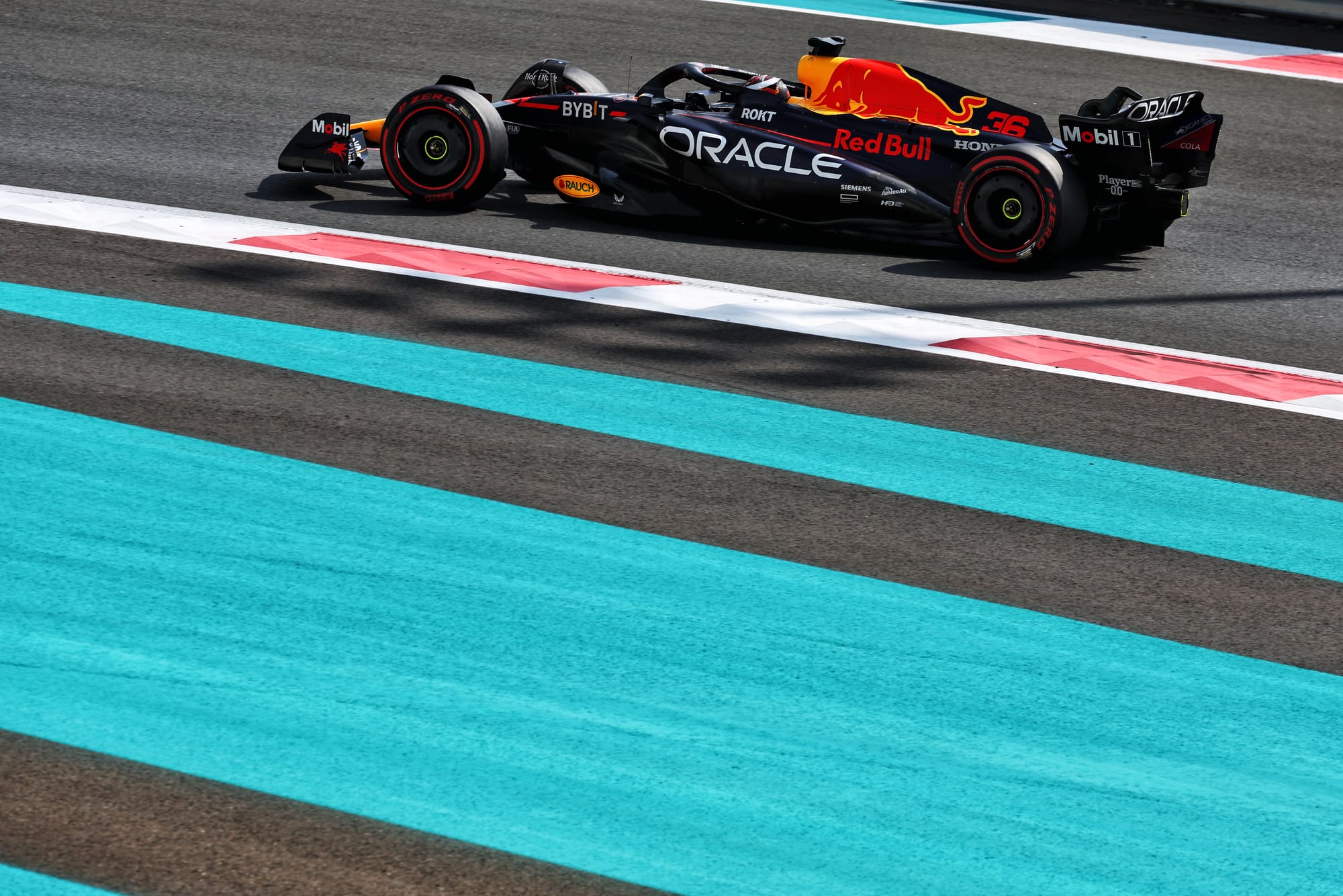
One of the reasons teams are so keen to realise this race is that it will put young drivers in equal circumstances, making it easier to benchmark the best talents.
"The problem with some of the rookie tests is they all get used for testing, you never know are they running on 50kg, 70kg, 30kg of fuel, what engine mode are they going, you don't really know, you don't know how the opposition are doing," said Horner.
"It's a fantastic opportunity. It comes at the end of a busy season but as opposed to just running round burning fuel and tyres, and only the teams that are running those drivers knowing whether they are doing a good job or not. To give potentially 10 rookies the opportunity of jumping in the current cars and having the equivalent of a sprint race, it's fantastic and I think it'll be a really popular event."
It is also potentially more useful than driving in hot daytime conditions in Abu Dhabi, although the financial aspect of commercialising the event is obviously significant as well.
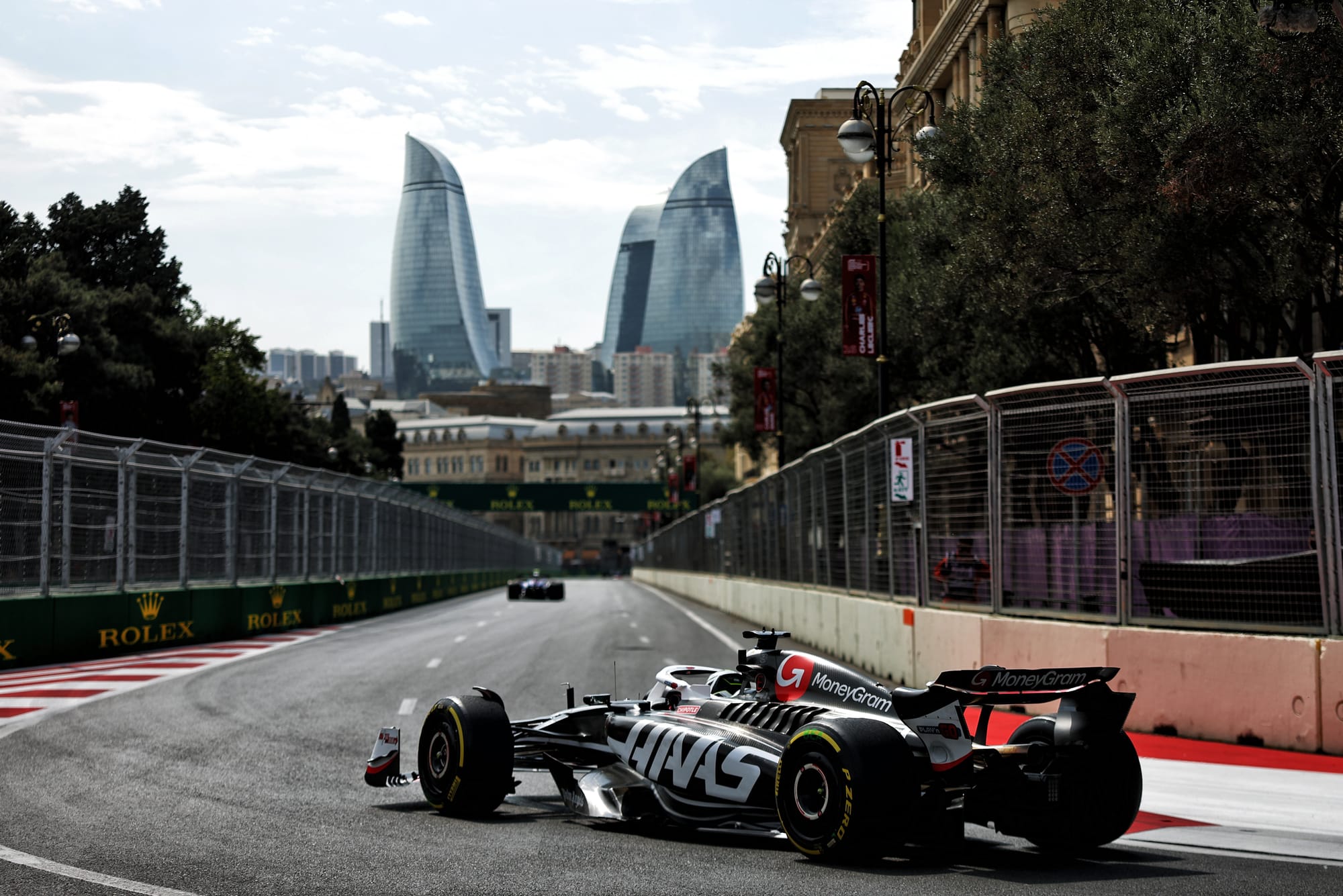
"If we don't do things like that you are just doing a tyre test, so I think it adds value to the day and makes it more exciting and another opportunity to put a young driver in the car," said Haas team boss Ayao Komatsu.
"These days, it's such a rare opportunity for young drivers to get in the current Formula 1 car, so I think it's really an interesting move."
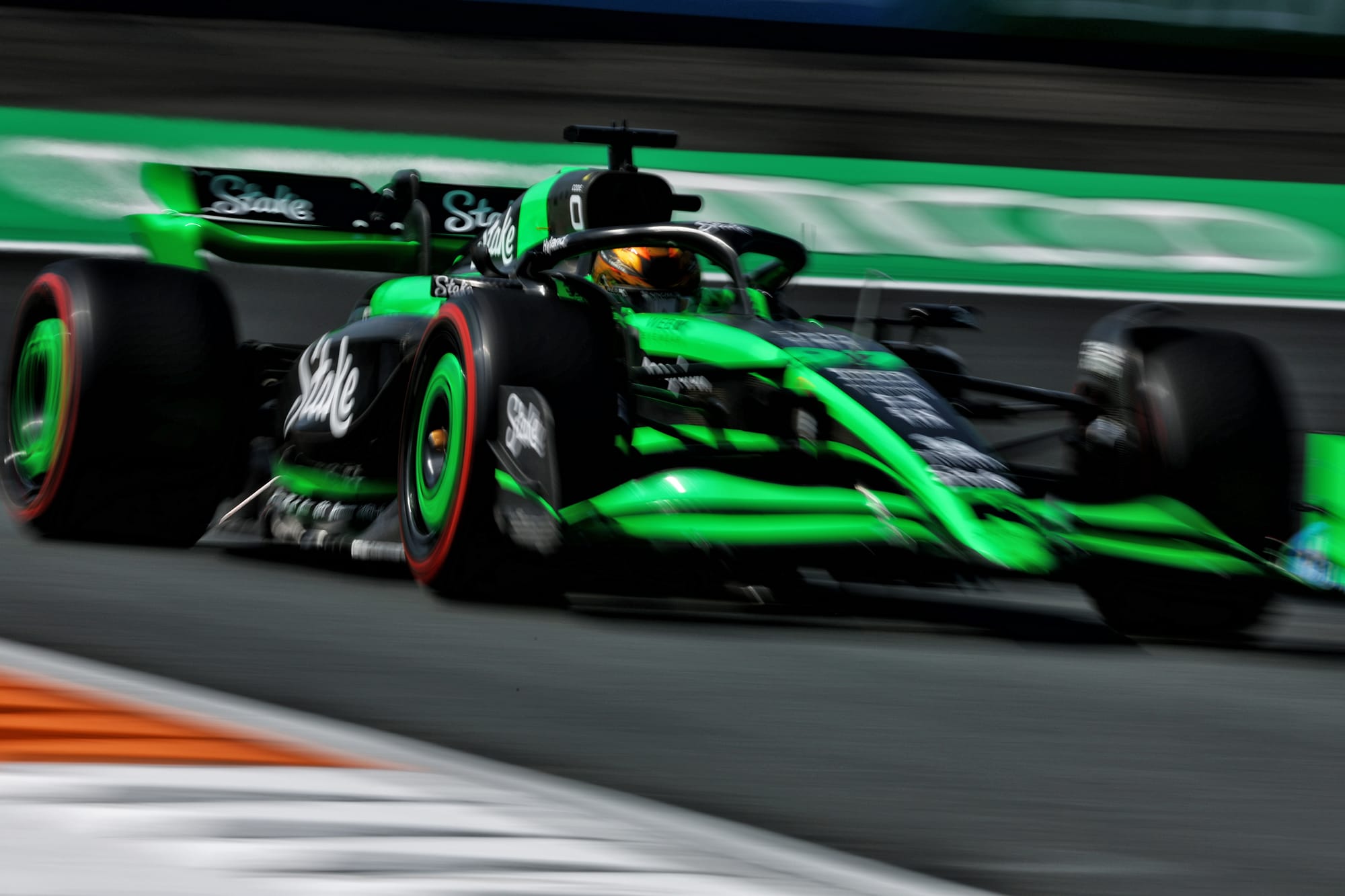
Sauber team representative Alessandro Alunni Bravi added that things like the mandatory FP1 sessions "are not sufficient to showcase what you can do" and also come with "a lot of risk".
Some teams do have extensive programmes for their young drivers in two-year-old machinery, but not all - and Sauber is not one of them.
"It is an additional opportunity to have more data and to assess not just the performance itself, also the mindset and the approach of the rookie driver," said Bravi.


